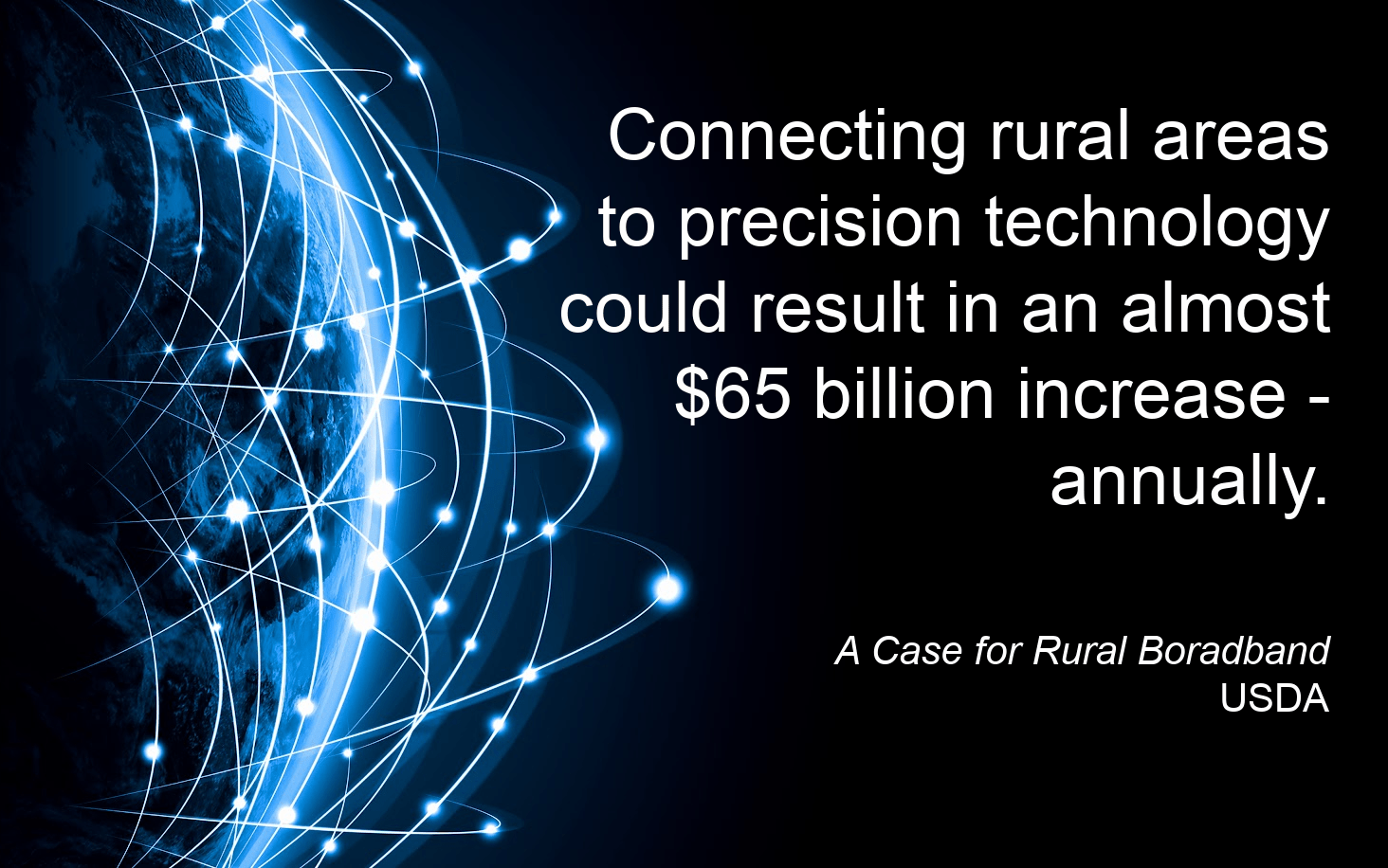A farmer, an electrician, and an engineer walk into a bar…
These three individuals have a historic tie - as well as an integral modern relationship that is on the precipice of a revolution. Early refrigeration inventions brought together individuals from differing industries when breweries in North America were the first to recognize the enormous benefits of this latest technology.
German immigrants coming to America brought with them lager beer, best served cold. By 1870, S. Liebmann’s Sons Brewing Company, out of Brooklynn, New York, was one of the first companies to harness refrigeration and provide a quality product, all year. This required more supplies from farmers, and demand from consumers grew in turn. The next industry to seize on the refrigeration potential was also ag-related - the meat packing industry growing in Chicago after the turn of the century.

By 1891 almost all breweries and by 1914 all meat packing plants in America adopted refrigeration to propel products and services. This spilled over into refrigerated rail cars and other cold-transportation methods, all marking a drastic change in the food market and farming industry on a global scale. No longer were certain foods just seasonal or regional. Crops could be exported, stored, sold, and utilized in ways and on scales never seen before refrigeration.
Refrigeration marked a transformative time for growers, and now farms are again at the forefront of another revolution - combining tech and ag at unparalleled, detailed levels. And this revolution requires some better conversations between all those gathered at the table - or the bar.
A Revolution
Technology for farmers is the next refrigerator
Bayer marks 2015 as a turning point in ag-related technology. “Through access to real-time data, farmers are making better-informed decisions that allow them to use resources more sustainably.”
If all of these benefits abound for growers, then why do only a portion of growers in developed nations harness this power? The answers are complicated but also indicate why we need to have better conversations about the agtech revolution.
Accessibility
The first barrier to better growth
The USDA reports in their study, A Case for Rural Broadband, that connecting rural areas to precision technology could result in an increase of almost $65 billion annually. So here is the first prong of the barrier - accessibility. Just about 20 years ago internet access in America was only available to about 13% of farmers, but now that number hovers around 75%. In addition, now approximately half of all farms in the U.S. use a computer for farm business (ranging from 30% in New Mexico to 72% in Colorado). These numbers are quite similar for Canada, and in progressive contrast is Australia, where more than 95% of farmers use technology for production related activities.
This technology revolution in agriculture crosses borders, with Australia reporting significant growth in the industry because of digital technology and projecting that by 2030 digital ag will add tens of billions (AU) to the farming economy. The USDA estimates that American row crop growers who implement connected technologies could see a $13+ billion gross benefit - annually.

The USDA’s National Institute of Food and Agriculture (NIFA) also cites several advantages of melding sophisticated technology with farming, and predicts that continued advancements will further these advantages. Among the benefits that NIFA notes include those that we see directly here with our clients at Conservis.
- Targeted applications of resources (water, fertilizer, pesticides, etc.)
- Increased sustainability
- Greater efficiencies

"The more that we can have a secure source of truth in a system like Conservis, the better. Here all stakeholders can see how the farm has operated over the past several years, how money has been made or lost, and where particular fields are performing well if there is lease negotiations or land sale involved, a platform like Conservis is absolutely critical in those conversations."
Change
The second barrier to harnessing the power of agriculture technology
In a June 2021 podcast with Lane Norlund including representatives from Conservis and Wipfli, Conservis President Pat Christie speaks to this change-hesitancy. He notes that clients of Conservis often reiterate these thoughts:
"Don't give me too much. I don't want to be overwhelmed with it, but I also want to know that if I'm working with you that you're going to be there for me as I grow and change. Can I do it? Am I going to see value? Give me a value statement. What is it we're really going to create here? And who are you? Are you going to be here for me in the future? How are you protecting my data? Who are you partnered with?"
These are not new thoughts or questions, and Conservis is committed to providing solid answers and support, across all stages. As uncomfortable as it can be, the reality is that there is the legacy-elephant in the room. The romanticized idea of leaving the family farm behind comes with significant questions and concerns. Farm management software is poised to help farmers leave a legacy, and do this well, through this next evolution of agriculture technology.

“The information has always been just in dad and grandpa's head... Conservis was a great opportunity to put that information into a platform where it is attainable by other employees or family members.”
The Revolution
It starts with slow change and fast data
Robert Zondag of Wipfli agrees and states in the podcast with Christie that we need to “move the conversation away from emotion and over to actual data,” and “consider how the next generation is going to operate the farm.” Listen to the podcast, Farm Management Platforms: A tool to work smarter, not harder.
Can you imagine your kitchen without a refrigerator? That is likely how we will soon look at agriculture, unable to separate it in our minds from data-driven technology.
The refrigerator appears to be here to stay, and we'd be hard-pressed to find those who would rather go without. So as we propel through the next technology revolution in farming, let’s work to embrace the challenges, knock down the barriers, and have better conversations with all parties.

Conservis is the leading farm management system. Interested in having a conversation about what we could do for your operation?

